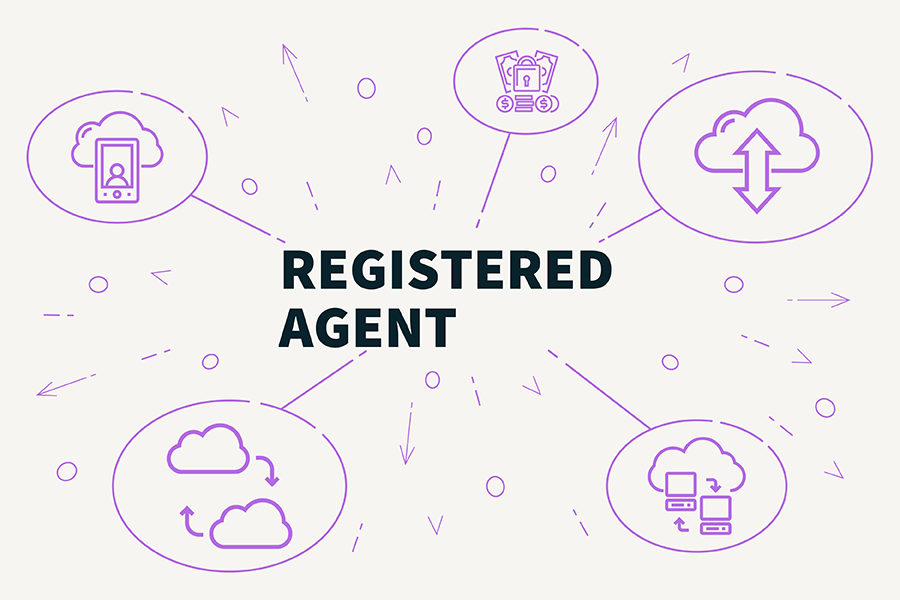When forming a business, one of the key decisions you’ll need to make involves the appointment of a registered agent. This role is crucial for legal and tax compliance, ensuring that your business operates smoothly within the framework of state and federal regulations. Here’s a comprehensive overview of what registered agents are, their responsibilities, and why they’re vital in the tax filing process.
What is a Registered Agent?
A registered agent is an individual or business designated by a company (corporation, LLC,
or other entity) to receive official documents on its behalf. These include legal notices,
government correspondence, and tax documents. The agent must have a physical address
in the state where the business is registered and be available during business hours.
The Role and Responsibilities of a Registered Agent
The registered agent ensures reliable communication between the business and state
authorities by:
- Receiving legal documents such as lawsuits, subpoenas, and governmental notices.
- Handling tax notices and correspondence from state and federal tax agencies to keep the business informed on filing deadlines and requirements.
- Maintaining compliance by reminding the business about filings like annual reports and other regulatory obligations.
Why Registered Agents Matter for Tax Filing
Registered agents provide a dependable point of contact for receiving important tax documents and notices, helping prevent missed deadlines. They can protect the privacy of business owners by keeping personal contact info confidential. For multi-state businesses, they simplify tax communications by acting as a local point of contact in each jurisdiction.
How to Choose a Registered Agent
- Must be available during standard business hours to receive documents in person.
- Must have a physical address in the state of registration (no P.O. boxes).
- Should have a good reputation for reliability and communication.
- Bonus if they offer extra compliance services like document storage or filing reminders.
Key Takeaways
- A registered agent is vital for keeping your business legally and tax compliant.
- They receive and manage important documents, including tax notices, promptly.
- Proper handling of these documents helps avoid penalties and legal risks.
- You can act as your own agent or hire a professional service.
- Choosing the right registered agent supports smooth business operations and peace of mind.
Frequently Asked Questions
Q: Can I be my own registered agent?
A: Yes, business owners can act as their own registered agent if they have a physical address in the state and are available during business hours. However, using a professional service can help maintain privacy and ensure reliable document handling.
Q: What happens if my registered agent doesn’t forward important tax documents?
A: Failure to receive or respond to tax documents can lead to missed deadlines, penalties, or legal issues. Choosing a reliable agent minimizes this risk.
Q: Do all states require a registered agent?
A: Yes, every U.S. state requires businesses to have a registered agent as part of the legal
formation and ongoing compliance process.
Q: How does a registered agent help with multi-state tax filings?
A: A registered agent with offices in multiple states can receive and manage official documents in each jurisdiction, streamlining tax compliance and communications.
Q: Is hiring a professional registered agent service expensive?
A: Costs vary but typically range from $100 to $300 annually. The benefits of compliance, privacy, and convenience usually outweigh the expense.





